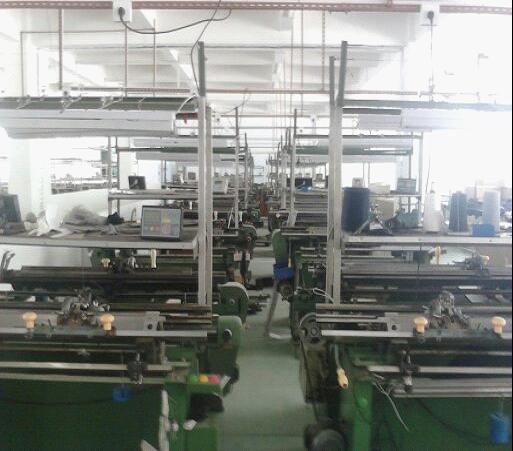China is slowly but steadily growing its economy into the realm of real competition with the West. They’ve got a massive worker base and the old, outdated industrial complexes are no longer being subsidized by the government in communist fashion, allowing room for growth and innovation.
But the changes to the economy are undermining these very strengths in a way that we in the West have experienced before. Workers’ wages are climbing rapidly and factories are looking to move their operations where people’s time can be bought for less.
It seems almost ludicrous that the country with the highest population in the world would be having these sorts of problems, but it is a natural part of the economic game. As the economy grows stronger and their service industries take hold, people can pick and choose where they want to work.
Much like in other places, most of the people of China much prefer selling shoes or insurance to toiling away in a factory all day. In fact, according to reports, this year will mark the first in China’s history where the GDP from service jobs has overtaken that of traditional industry jobs. The result is a 20 percent increase in wages for both citizens and migrant workers over the last year.
Of course, the best way to deal with that is to take the lead from what we in the West have been doing for decades now - move the centers of production to a place that has lower wages. In China’s case, that means neighbors like Vietnam, Cambodia and India, thought the former two may not be viable options in another few years.
This economic shift is a sure indicator of China’s rise to a modern economic system of exploiting poorer countries for labor. Add to this the fact that China’s navy is looking to soon rival the U.S.’s in power (at least within their own waters), and the nation is set to take center stage militaristically as well. Of course, none of this will do much good if they don’t make some serious changes to the way they handle their international relations.
Chinese Factory photo courtesy of Bnncff via Wikicommons


0 comments